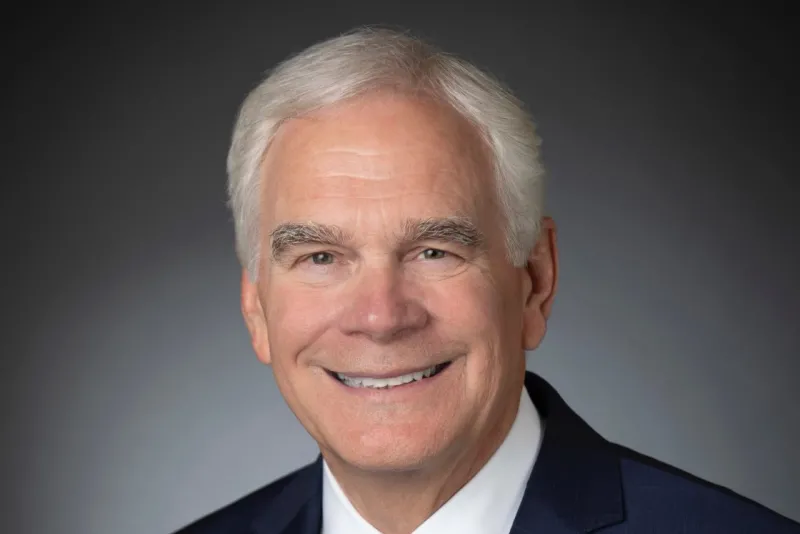
Vatican City, Feb 28, 2021 / 07:00 am (CNA).- Pope Francis prayed Sunday for children suffering from rare diseases that they may feel “the caress of God’s love and tenderness.”
“Today is World Rare Disease Day,” Pope Francis said from the window of the Apostolic Palace Feb. 28 as he waved to people holding banners and cheering in St. Peter’s Square.
“I greet the members of some associations involved in this field, who have come to the piazza,” he said. “In the case of rare diseases, the solidarity network between family members, fostered by these associations, is more important than ever. It helps to not feel alone and to exchange experience and advice.”
There are more than 6,000 diseases that are classified as rare of which 70% begin in childhood, according to research recently published in the European Journal of Human Genetics.
The pope said that he encourages initiatives that support research of rare diseases and care to those who suffer from them.
“I express my closeness to the sick, to families, but especially to children. Be near to sick children, children suffering, pray for them and make them feel the caress of God’s love and tenderness,” he said.
“We pray for all the people who have these rare diseases, especially for the children who suffer,” Francis said.
February 28 marks Rare Disease Day, a date first established in 2008 by the European Organization for Rare Diseases to raise awareness for those who suffer from uncommon illnesses.
Cardinal Peter Turkson, prefect for the Vatican Dicastery for Promoting Integral Human Development, also published a message for Rare Disease Day.
“People living with a rare disease are among the most vulnerable groups in society,” Cardinal Turkson wrote.
“Most of these diseases have no cure and are usually chronic, progressive, degenerative and disabling; they are heterogeneous, predominantly occur in children and require costly treatments.”
The cardinal highlighted how the COVID-19 pandemic has exacerbated many of the challenges patients with rare diseases face with “limitations, delays and sometimes even interruption and denial of treatment, medication, diagnostic tests, rehabilitation therapies.”
“Often, as Pope Francis points out: To the most ‘vulnerable people are not always granted access to care, or in an equitable manner. This is the result of political decisions, resource management and greater or lesser commitment on the part of those holding positions of responsibility. Investing resources in the care and assistance of the sick is a priority linked to the fundamental principle that health is a primary common good,’” he said.
Turkson urged policymakers and institutions to guarantee the “right to health for the entire population, by promoting international cooperation, knowledge-sharing and more sustainable and resilient health systems that do not forget the needs of the most vulnerable and leave no one behind.”
“It is essential to promote a culture of care that is grounded in the promotion of the dignity of every human person, solidarity with the poor and the defenseless, the common good and the protection of creation,” he said.
“Only by ensuring equitable and inclusive access to care and health care for the most vulnerable can we build a more humane society, where no one feels alone, abandoned or excluded.”
The cardinal wrote that he was prayerfully entrusting all those affected by rare diseases and their families to Mary, Mother of Mercy and Health of the Sick.
“Dear brothers and sisters, during this time of Lent, let us in our charity speak words of reassurance and help others to realize that God loves them as sons and daughters. This is a time to cultivate hope and to love those who are suffering, abandoned and distressed,” he said.

[…]






